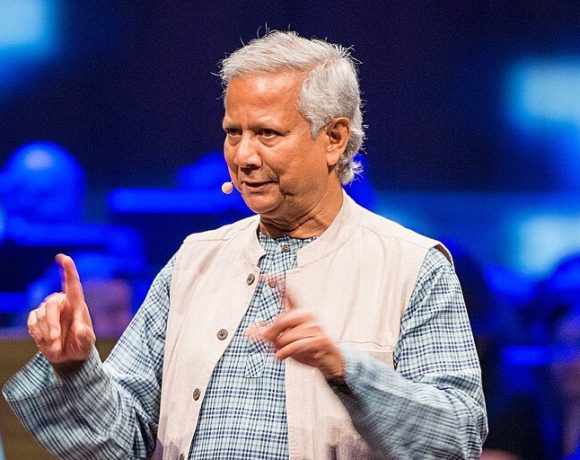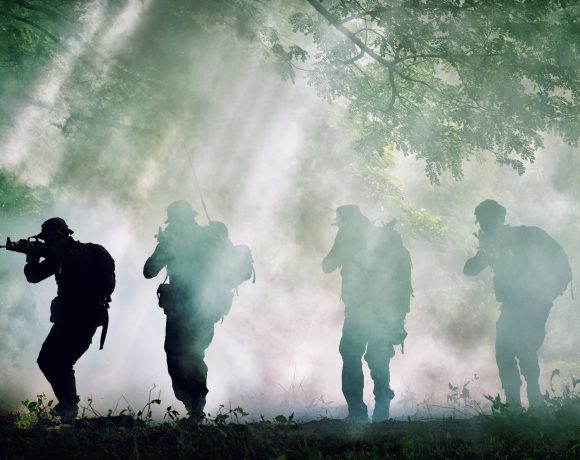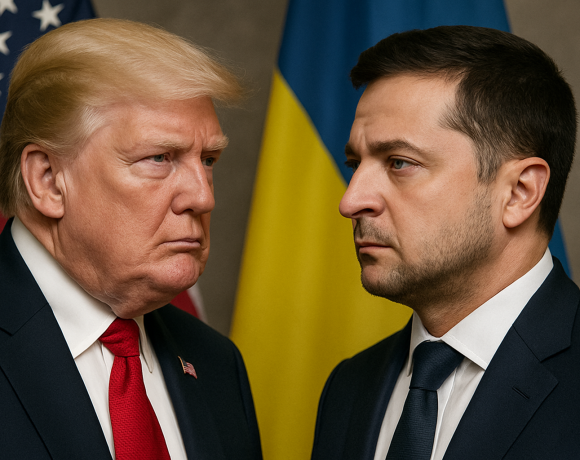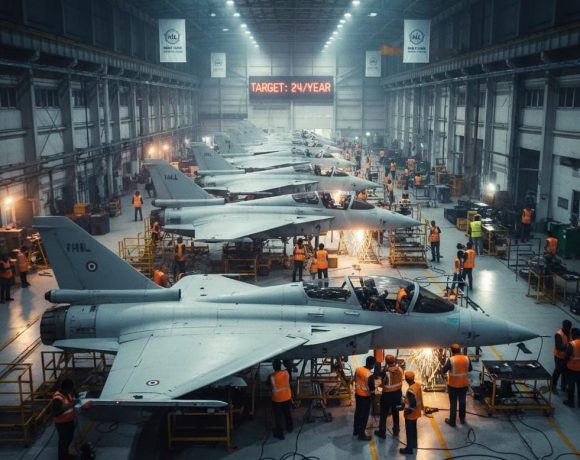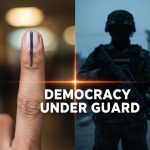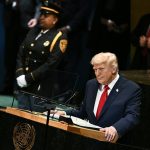
Gilgit-Baltistan Protesters Block CPEC Route Amid Rising Discontent
Thousands of residents across Gilgit-Baltistan have launched a large-scale blockade of the Karakoram Highway, cutting off one of the most strategic arteries of the China-Pakistan Economic Corridor (CPEC). The protest, entering its third day, is a direct response to the Pakistani federal government’s trade restrictions and customs delays at the Khunjerab Pass, which have paralyzed cross-border trade with China.
Trade Gridlock Triggers Regional Outrage
Organized by the Pak-China Traders Action Committee and local business groups including the Gilgit-Baltistan Importers and Exporters Association and the Nagar Chamber of Commerce, the protest has brought movement along the highway to a standstill. Traders are demanding immediate clearance of over 250 consignments that have been languishing at the Sost Dry Port since December, many of which contain expired goods incurring storage charges and causing deep financial losses.
The Khunjerab Pass—usually a lifeline for local businesses—has seen arbitrary and prolonged trade suspensions. With economic livelihoods at stake, the blockade has evolved into a mass mobilization across districts like Hunza and Gilgit, with shopkeepers, students, and even religious leaders joining in.
CPEC at a Standstill, Islamabad Silent
This blockade poses a significant disruption to the CPEC, which is not only a critical trade corridor but also a flagship initiative in China-Pakistan relations. With the Karakoram Highway acting as the sole link between northern Pakistan and China’s Xinjiang province, the protest has effectively brought all CPEC movement in the region to a halt.
Protesters accuse Islamabad of prioritizing Chinese interests while ignoring the voices and economic needs of Gilgit-Baltistan residents. There is widespread anger over the absence of Gilgit-Baltistan’s political representation in Pakistan’s national legislature, which locals say has allowed successive governments to exploit the region without accountability.
Government Response Missing in Action
Local politicians from the ruling Pakistan Muslim League (N) have acknowledged the legitimacy of the grievances, but their assurances have done little to ease tensions. Efforts by Pakistan Tehreek-e-Insaf leaders to mediate also failed to defuse the standoff, as protesters remain firm in demanding written guarantees and immediate action.
The economic cost is mounting by the day, with not only trade halted but tourists and public transportation also stranded due to the roadblock. The broader geopolitical implications could be severe—China has heavily invested in CPEC, and continued instability may raise concerns in Beijing about the reliability of its trade corridor.
With no resolution in sight, the Gilgit-Baltistan blockade has become both a symbol of regional neglect and a test for Pakistan’s internal cohesion in the face of rising grassroots anger.


